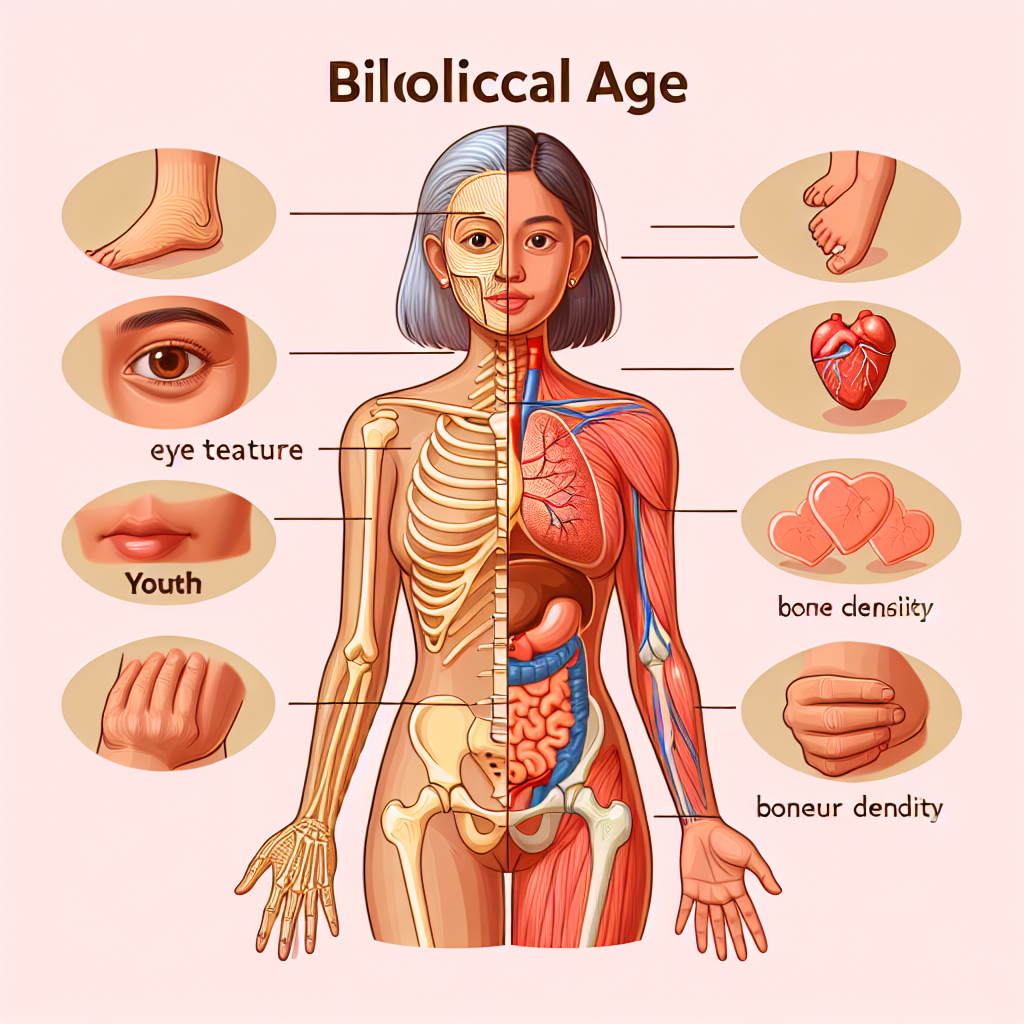The Truth Behind Biological Age Tests: Science or Clever Marketing?
Biological age tests, available via simple blood or saliva tests, claim to reveal how well we're ageing at a cellular level. However, their accuracy and value remain in question due to variability in test results, lack of standardisation, and commercial influences. Experts suggest focusing on lifestyle changes for better health.

- Country:
- Canada
In recent years, biological age tests have gained popularity, promising to reveal insights into how well individuals are ageing. Offering a glimpse beyond traditional chronological age, these tests analyze cellular and molecular markers to predict biological age.
Despite their appeal, concerns about their efficacy persist. Studies show while epigenetic clocks are effective in population-level research, individual test results can vary widely. A lack of standardisation among commercial providers further complicates matters, raising doubts about the precision of these tests.
As experts caution, these tests may present more of a marketing tool than a reliable health metric. Instead, health improvements are best pursued through proven lifestyle changes such as better nutrition, increased physical activity, and stress reduction.
(With inputs from agencies.)










